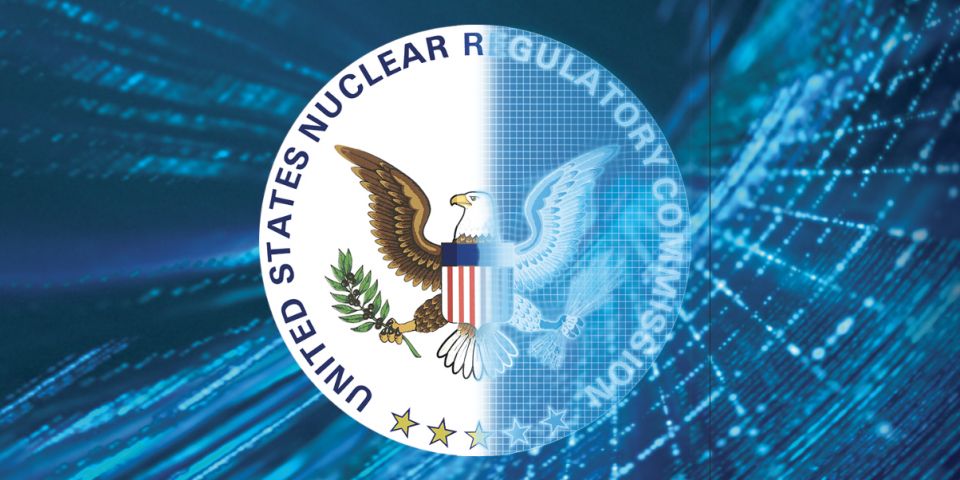Sens. Tim Scott (R., S.C.) and Chris Coons (D., Del.) introduced the Efficient Nuclear Licensing Hearings Act to remove the NRC’s mandatory hearing requirement, which was created by the Atomic Energy Act of 1954, without limiting opportunities for public engagement.
Quotable: “It’s time we remove outdated mandatory hearing requirements and increase the use of this energy security and climate solution,” Coons said in a press release.
Scott added, “In South Carolina, over 50 percent of our power comes from nuclear energy, making us a leader in the field. Our efforts to remove burdensome red tape will pave the way for other states to follow our lead. Refining the NRC’s nuclear reactor license process will boost efficiency at the agency and move us in the right direction for a more secure and robust energy future.”
The current process: Mandatory hearings were put in place to provide an opportunity for the public to petition the NRC to intervene and contest an application, but in many cases the applications go uncontested, the senators said. Even in these situations, the NRC is required by statute to hold the hearing, devoting thousands of manhours to provide a public hearing with negligible impact.
In 1957, when the mandatory hearing was created in statute, nuclear energy was undoubtedly in a developmental period, as the United States had zero commercial nuclear power reactors in operation. Today, however, the U.S. has more than 90 commercial reactors operating in 54 nuclear power plants in 28 different states, which creates a different dynamic, the senators argue.
The NRC could operate more efficiently if the duplicative hearing requirement were eliminated.
Support: The Efficient Nuclear Licensing Hearings Act has the support of the American Nuclear Society, Fluor Corporation, the Nuclear Energy Institute, ClearPath Action, the Nuclear Innovation Alliance, the United States Nuclear Industry Council, Citizens for Responsible Energy Solutions, the Breakthrough Institute, and X-energy.
Congressman Morgan Griffith (R., Va.) introduced the companion legislation in the U.S. House of Representatives.






